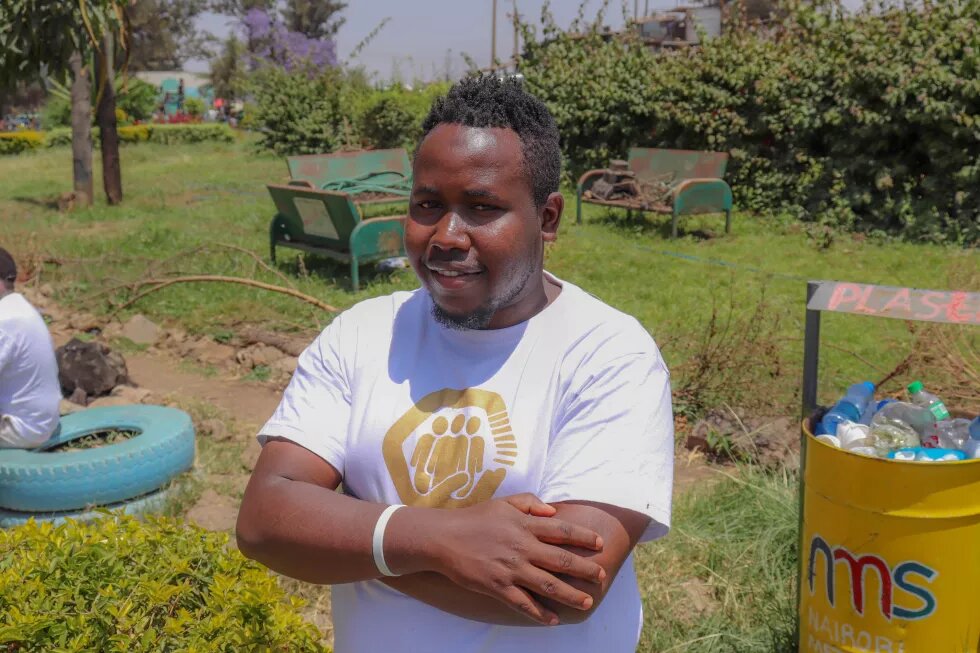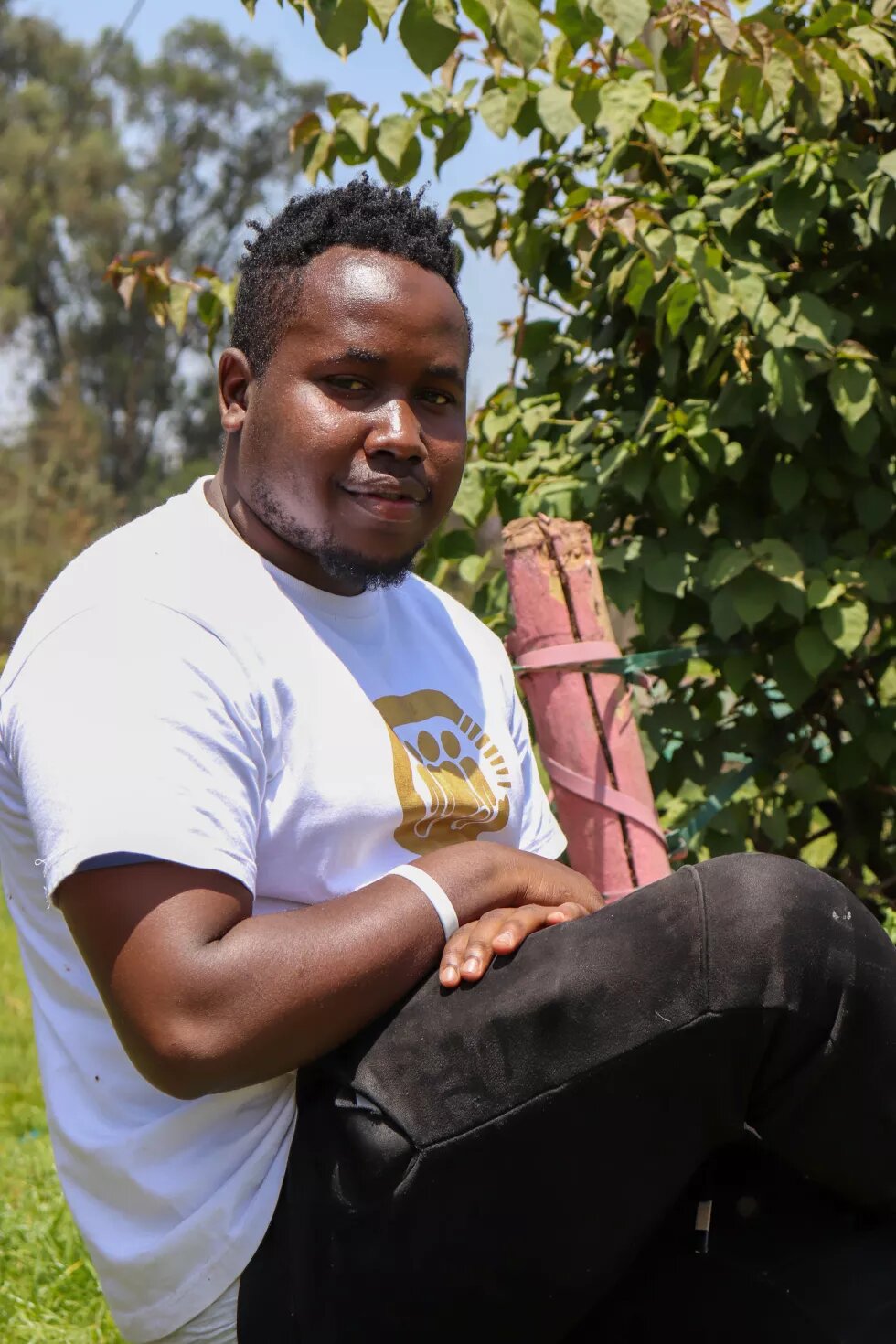

I live in Pumwani. Living conditions are not good. The houses are made of mud. They are not expensive but there are people who can barely afford to live here. School drop outs, early marriages and teenage pregnancies are common. Some use unregulated electricity lines because they cannot afford to pay for energy. Other households use candles and kerosene lamps. The area is small but congested. It is our home. We have a cemetery, Pumwani Maternity where most of us were born in. Some of us have lived here for generations.
I migrated from Mashimoni to Gikomba, to Umoja to Bahati, then back to Pumwani. I was looking to change my environment. Adapting to the new places was a challenge so I had to come back to Pumwani. Water, security and access to where I work were factors. I had to leave Bahati because it would flood during the rainy season. Poor sanitation was also a factor.
The places I moved to had more bills like electricity, garbage and more expensive rent. In Gikomba there were lots of demolitions and fires to clear the way for malls so I had to leave. I had to start afresh after losing everything to a fire.
In displacement, men face financial constraints since most are bread winners, especially during covid when we lost sources of income. Some of us faced mental health problems. Women have had to enter into marriages for security and to be able to sustain themselves.
As a first born my role is to feed my family since my mother does not have consistent income, nor my partner. With the inflation and loss of jobs it has become more difficult.
There is little space in my neighborhood; we do not have the capacity to do urban farming. It is something I would like to do because it would save me money and health wise because we cannot tell how the food we buy is grown. I need support in terms of capacity, knowledge and seeds.
-----
This testimony is part of the Dossier Urban Displacement. Forced Evictions: Stories from the Frontline in African Cities


